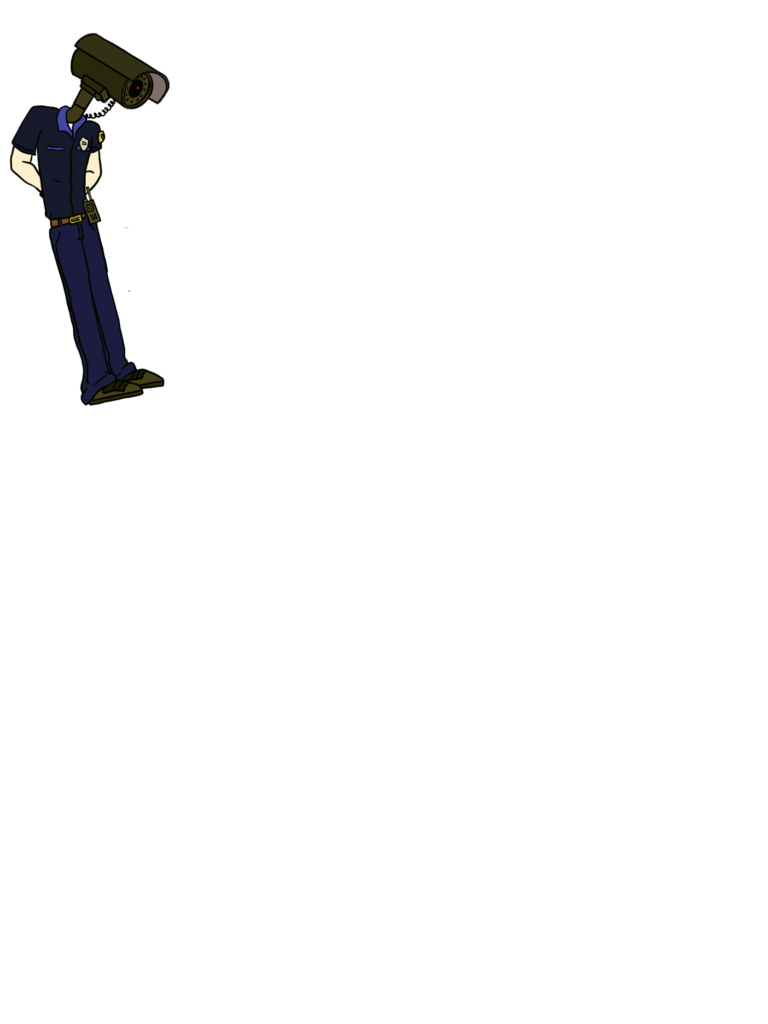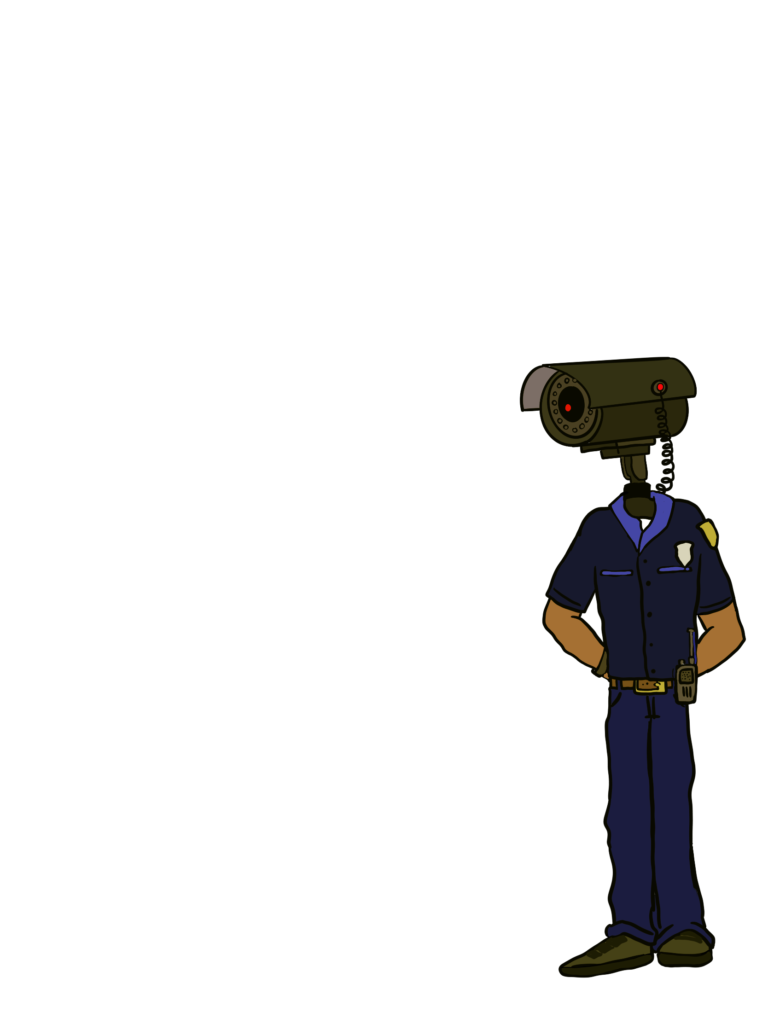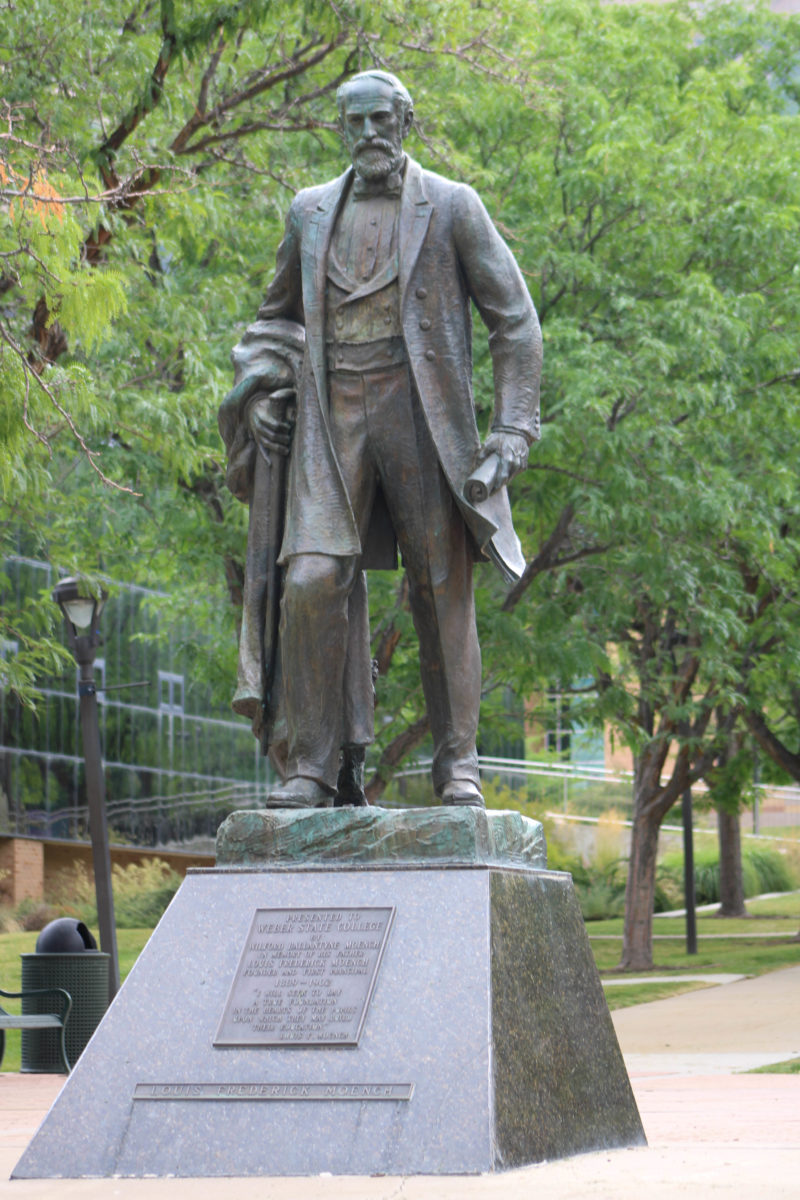After I read that Emma Gee, a track and cross country runner at Brigham Young University, came out as bisexual, I was happy for her, but I still felt a sense of unease. When I interviewed Gee, she talked about how she felt happier after coming out. She had talked to multiple people: her coaches, her teachers, her bishop and administrators, and told them she was bi. Gee created a safety net in case someone reported her for violating BYU’s honor code.
Gee gave my number to a BYU alumni, Kyle Manwaring, who was out as gay during his last year at BYU. And from my interview with him, he gave me a similar story to Gee’s. He went to administrators and teachers he trusted and came out to them first before coming out to everyone else, building himself a safety net and support group, just in case he was reported.
Neither of them feared expulsion, and both of them said they loved BYU. However, they separately mentioned a sense of paranoia and anxiety because of the culture surrounding BYU’s honor code.
The honor code is a code of conduct students at BYU have to follow. It is much stricter than our code of conduct here at Weber State since every student is expected to live to LDS standards. It controls how students dress, how they act and what they drink. BYU’s online policy page goes into detail about how long men’s facial hair can be, how long women’s skirts and dresses can be, and of course, homosexual behavior.
Except, as of this writing, BYU’s policy page doesn’t quite define what that looks like. It says, “Homosexual behavior includes not only sexual relations between members of the same sex, but all forms of physical intimacy that give expression to homosexual feelings.”
I understand sexual relations being in violation of the honor code; premarital sex between two straight people also violates the honor code. But the language “all forms of physical intimacy” is pretty broad.
Two women holding hands could be a violation. A kiss between two people of the same sex is a violation. Technically, a man smacking another man on the butt should be a violation, but is probably ignored since this homoerotic act is rampant in sports and BYU loves their football players.
Dating might be okay, so long as the two people never touch each other, ever.But there is no doubt there’s a disparity between how straight-appearing and queer-appearing couples are treated.
This unequal treatment bugs me as a queer woman, but I am more unnerved at the culture the honor code creates for all students, straight and queer. Everyone who attends BYU is encouraged to report honor code violations. It says so in the “Violation Reports and Privacy” section: “Anyone may refer a student to the Honor Code Office for reported violation(s) of the Honor Code, whether the alleged conduct occurred on or off campus.”
It doesn’t matter where this violation happened; a student at BYU can be called in to the Honor Code Office, which oversees the violations. And, until recently, the person who reported the violation could remain anonymous.
This creates a culture of paranoia at BYU, where everyone has to constantly keep up appearances no matter where they are. Any slip up could result in being called into the Honor Code Office. Consequences from being called in to the Honor Code office range from nothing to expulsion.
If the Honor Code Office was known for being forgiving, the atmosphere for BYU students would be very different. But, as many stories on the Instagram account Honor Code Stories report, going to the Honor Code Office is oftentimes humiliating and cruel, even if the student turned themself in or repented with their religious leader already.
I’m glad that the policies were updated on July 11 because student voices at BYU demanded a change. Now students are presumed innocent until proven guilty. They will receive an explanation of why they are being called in before an investigation begins. They will know who reported the violation, and have the option to bring support with them to the interview.
However, all of these updates don’t change the fact that students at BYU have to worry about the wrong person seeing them with a beard at home, or reporting them for “forms of physical intimacy that give expression to homosexual feelings.” This is what bothers me about the honor code: students at BYU can’t fully trust each other if they have to constantly keep looking back over their shoulders at each other.
In essence, BYU functions as a panopticon, a form of prison surveillance coined by Jeremy Bentham in the 18th century. A panopticon is a series of prison cells arranged in a circle around a single guard’s room. The guard can see out, but the inmates can’t see in. Inmates don’t know if they’re being watched or not, and so, theoretically, must always be on good behavior.
Michel Foucault, a French philosopher, took this idea further. Society, according to him, functions like a panopticon. Each individual member of society is both a guard and inmate and polices themselves and each other. While this can create internalized good behavior, it can also create paranoia and anxiety. Unfortunately, it looks like BYU has created an atmosphere of paranoia and anxiety.
At least that’s what it looks like to an outsider. The honor code doesn’t incentivize upholding these strict standards, it incentivizes not getting caught or completely avoiding anyone who goes to BYU, just in case they have stricter standards than you and found you in violation of the honor code. This doesn’t last just a year or is only on BYU campus. This behavior is expected for four years, on- or off-campus, and you are always being watched. Depending how far a student is in their schooling, transferring credits could be impossible without losing precious time or money.
There are other universities LDS students could go to, but it’s not like there aren’t incentives to go to BYU or its other campuses like BYU-Idaho or BYU-Hawaii.
Tuition for a semester at BYU-I is roughly $2,059, compared to Weber State University’s $2,446 a semester. That’s about an extra $500 freed up for bills or board. BYU has great academic programs, and everyone in Utah has been hearing about BYU’s football team since they attended elementary school. But for me, the environment of anxiety and lack of trust the honor code creates does nothing but hurt the prospects of potential students, especially if they’re LGBT.
Since I am not LDS anymore and don’t attend BYU, I’m not sure how to change the culture surrounding the honor code without removing the LDS standards. The current changes are good, but there’s a reason why the panopticon is criticized as a form of surveillance and BYU students protested how the honor code operates. I understand why the honor code exists, but it seems to only control and punish BYU students.























kelly • Jul 16, 2019 at 9:10 am
A climate of paranoia? No it doesn’t.
Look, if you choose to, and can get admitted to BYU, you do so knowing what the “code” is and your starting point is that you intend to follow the code. If you don’t intend to follow it, then don’t go there…duh! Go to Weber or Utah State, U of U etc.
Do you really think that BYU students care what other schools think about the code?
Most of the ones who go there are there because they want the benefit of the code. That’s why I went there. You guys really don’t get it do you. Its not a liability, its an asset.